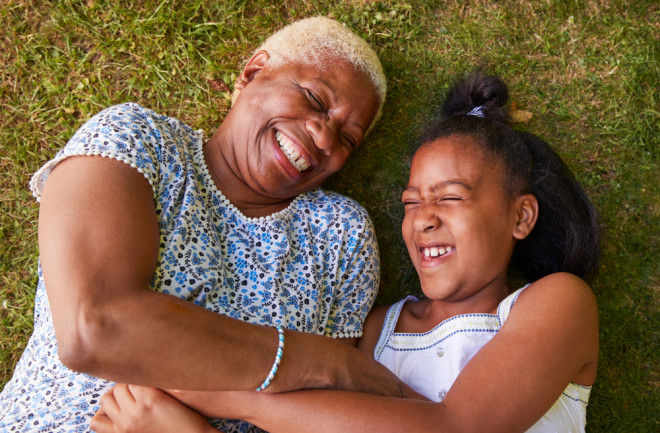Humans share a unique trait with just a few other species: We have grandmas who care for us. While most female mammals keep breeding until they keel over, only whales, elephants and giraffes forgo having their own children to help raise the next generation.
For a human with a female reproductive system, the ovaries typically contain at least a million eggs at the time of birth, reduced from about five times that number in the fetal state; and the egg count continues to dwindle after birth. When most child-bearing women hit their late 40s, egg numbers nose-dive, triggering menopause at around the age of 50.

